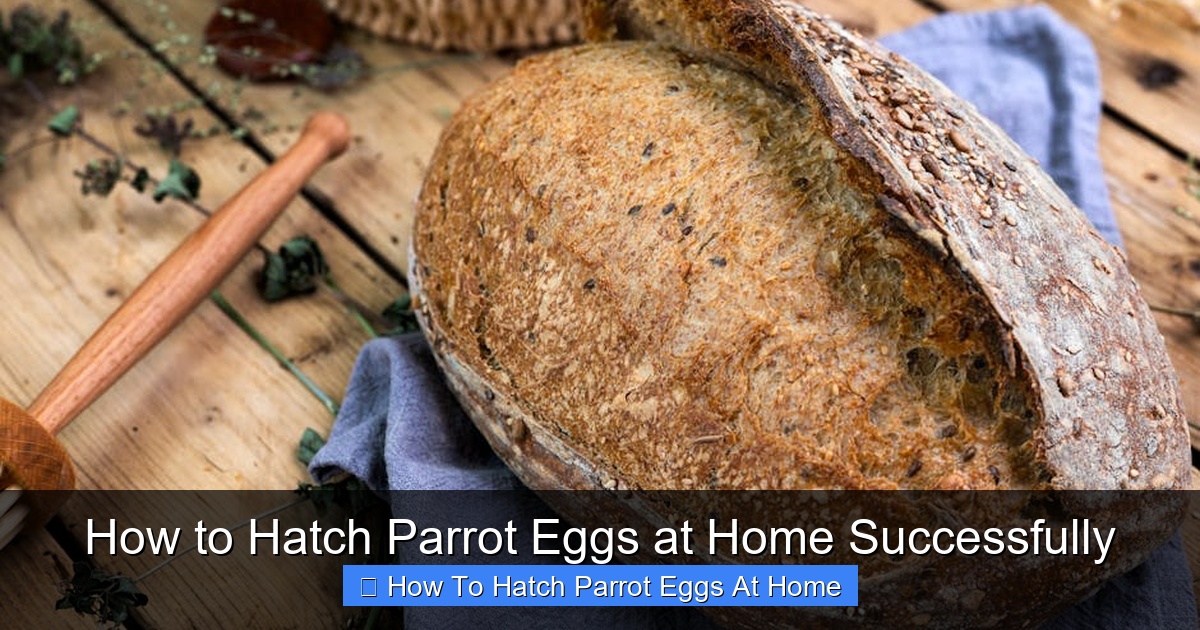
Featured image for this comprehensive guide about How to Hatch Parrot Eggs at Home
This is a comprehensive guide about How to Hatch Parrot Eggs at Home.
Frequently Asked Questions
What is How to Hatch Parrot Eggs at Home?
How to Hatch Parrot Eggs at Home is an important topic with many practical applications and benefits.
How can How to Hatch Parrot Eggs at Home help me?
Understanding How to Hatch Parrot Eggs at Home can improve your knowledge and provide practical solutions.
